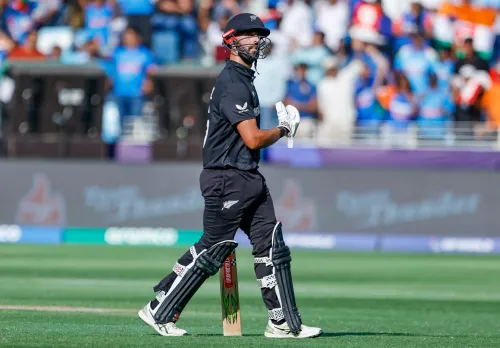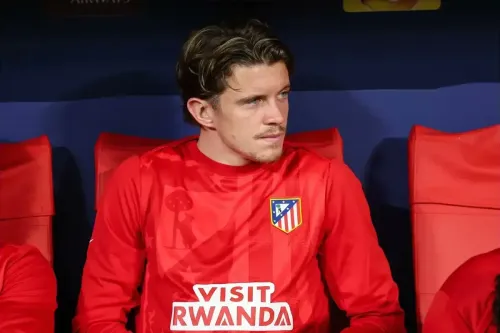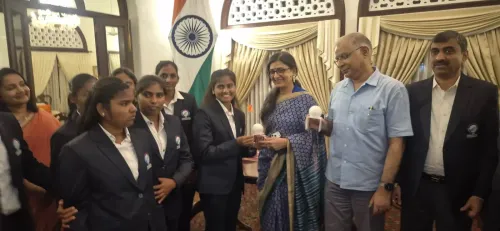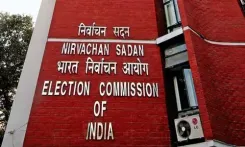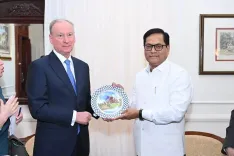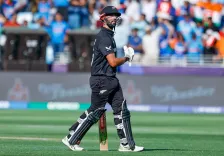Should the EWF President’s Plea to IOC to Abandon “Neutral Athlete” Status be Heeded?
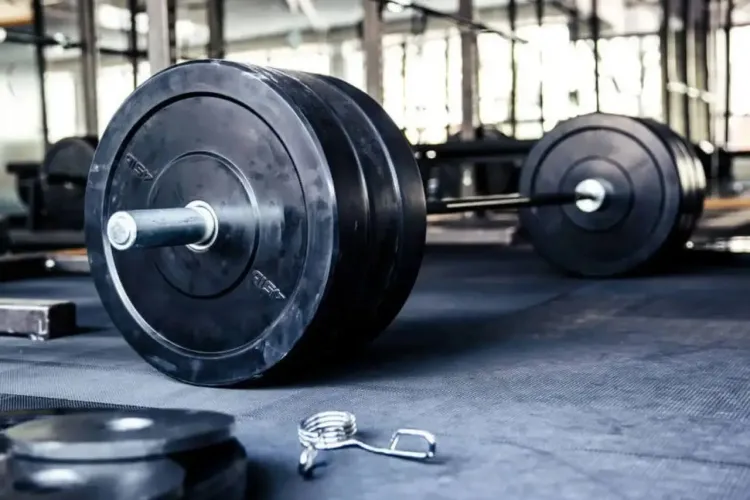
Synopsis
Key Takeaways
- Astrit Hasani advocates for the removal of the 'Neutral Athlete' status.
- The status currently applies to athletes from Russia and Belarus.
- Hasani emphasizes that sports should remain free from politics.
- He draws on the example of Kosovo's Olympic representation to support his argument.
- Hasani warns that political interference undermines the foundation of Olympism.
New Delhi, Oct 3 (NationPress) In an effort to protect athletes from nations facing sanctions imposed by Olympic authorities, the International Olympic Committee (IOC) has introduced the designation of "Neutral Athletes," enabling competitors from these countries to partake in significant global events under the IOC flag.
This status currently applies to athletes from Russia and Belarus, whose national Olympic committees have been suspended by the IOC since prior to the 2020 Tokyo Olympic Games due to the ongoing conflict with Ukraine.
Recently, the head of a global sports organization has urged the IOC to discontinue the practice of recognizing "Individual Neutral Athletes" at the Olympics—both Summer and Winter—and other events organized under its governance.
Astrit Hasani, the President of the European Weightlifting Federation (EWF), has penned an open letter to IOC President Kirsty Coventry, advocating for the abolition of the "Individual Neutral Athlete" (AIN) status in international sports. The letter, dispatched from Lausanne on Friday (October 3), appeals to the core values of the Olympics and highlights the dangers of politicizing sports. SportsIn has secured exclusive access to the complete letter.
“Sport transcends politics”
Hasani, hailing from Kosovo—a nation that has long fought for international recognition—makes a principled case: “Sport transcends politics.”
While his initiative advocates for individual Russian and Belarusian athletes, Hasani emphasizes his overarching concern for the future of the Olympic Games. He believes that political involvement jeopardizes the very essence of Olympism.
Contradiction with Olympic values
The EWF president contends that implementing AIN status is at odds with the fundamental tenets of the Olympic Charter—neutrality, universality, and the unifying nature of sport. “Athletes should be evaluated based on their own actions, not the political misconduct of their leaders,” Hasani states. “The principle of individual accountability must be enforced. Any sanctions should target those directly accountable, not athletes whose sole aim is to compete.”
Kosovo as a case in point
Reflecting on his own country’s experience, Hasani recalls the significant moment when judoka Majlinda Kelmendi competed in Russia under the Kosovo flag, despite Russia’s refusal to recognize his homeland. “That moment exemplified how sport can transcend political barriers,” he underscores, noting that Kosovo’s perseverance illustrates that inclusion enhances, rather than diminishes, international sports.
A caution for the future
Hasani is not merely advocating for lifting AIN restrictions on athletes from Russia and Belarus. He also implores the IOC to pledge against implementing such measures in the future. “Restoring participation rights would not be a political gesture but a reaffirmation of Olympic principles,” he asserts.
His caution comes at a pivotal time, as the IOC grapples with balancing geopolitical realities, UN resolutions, and the principle of equality in sport.
What lies ahead?
Hasani’s message is unequivocal—the Olympic movement must retain its core ethos and permit athletes to compete as ambassadors of peace and mutual respect.
Whether the IOC will heed this appeal remains uncertain. In a global environment where politics and sports are increasingly intertwined, there is no unanimous or universally acceptable resolution in sight.

